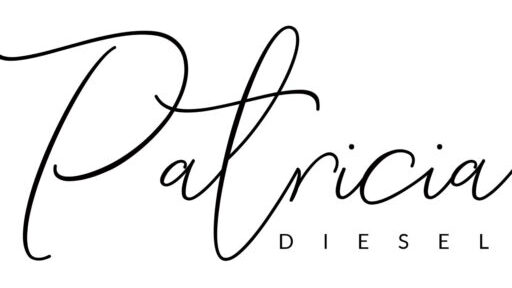Messy homes and work spaces leave us feeling anxious, helpless, and overwhelmed. Yet, rarely is clutter recognized as a significant source of stress in our lives.
Why is that?
When dirty dishes are piled, laundry overflows and your belongings are scattered about, your stress level rises. Trust me when I tell you, clutter & stress is real. If you don’t think so, just take a look at what a survey revealed from HuffPost:
“Eighty-four percent of recently stressed Americans say they worry that their home isn’t clean or organized enough, and within that group, 55 percent called it out as a source of recent stress. Home organization was as much of a stress trigger for recently-stressed Americans as unexpected expenses (also 47 percent), as well as not having enough time for loved ones (46 percent) and not having enough time to yourself (45 percent). Getting dinner on the table was another source of domestic stress, with 33 percent saying that trying to cook healthy meals was a source of worry.”
So what is clutter?
The Feng Shui definition for clutter is “postponed decisions” That means, what you accumulate, where you put it, and why you keep it, says a lot about you. Another way of stating clutter is what I have maintained throughout my career – “Your clutter is an outward manifestation of what you are struggling with internally.”
Setting aside for a moment, the cause of the actual clutter, the fact still remains the same – it is stressful and people are showing up to work stressed out. So tell me, how can this not affect overall productivity? It absolutely does!
It’s time we started talking about the affects of clutter and get people support in the workplace.
Having a wellness program that can help people establish BEST PRACTICES for clutter control is not only needed but it is our responsibility for the welfare of people who are struggling. We already know that stress is inflammatory, which breaks down the body and the mind. Just this fact alone clearly demonstrates how a breakdown in the workplace can happen when a person is under the influence of clutter.
The act of purging & cleaning helps blow off steam when the pressure of clutter is mounting. The benefit is with the little exercise you can get from running up and down the stairs, carrying items from room to room, and dusting, washing & vacuuming floors, it can release endorphins.
Although this is one strategy that can be introduced for stress reduction, it is not the cure for clutter. Clutter requires an in-depth look and assessment of why the clutter has manifested in the first place so you can help the person get to the root cause of their clutter. It is here the healing begins.
If we want people to show up in the workplace and be productive and healthy, then we need to establish a wellness initiative that starts addressing the issues of clutter. I, for one, believe that it can transform people’s lives simply due to one major reason – there’s a lot of shame and guilt associated with clutter. To have the workplace become a safe environment for people to discuss their clutter challenges is the first step toward productive change.
6 Mindful Tools to Organized Living is a program I developed that has 20+ years of my experience wrapped into it. It has been refined and tweaked to where it is a process that identifies a person’s clutter so they can understand their manifestation. Implementing best practice strategies to create a healthy body and mind and avoid obstacles that may be sabotaging their organizing efforts is an enormous factor in overcoming clutter. As well as having a tool box of strategies and a bullet-proof plan.
I would love to introduce this program into your workplace and show you just how impactful it can be for you and your team. Please email me to get started at patricia@patriciadiesel.com



